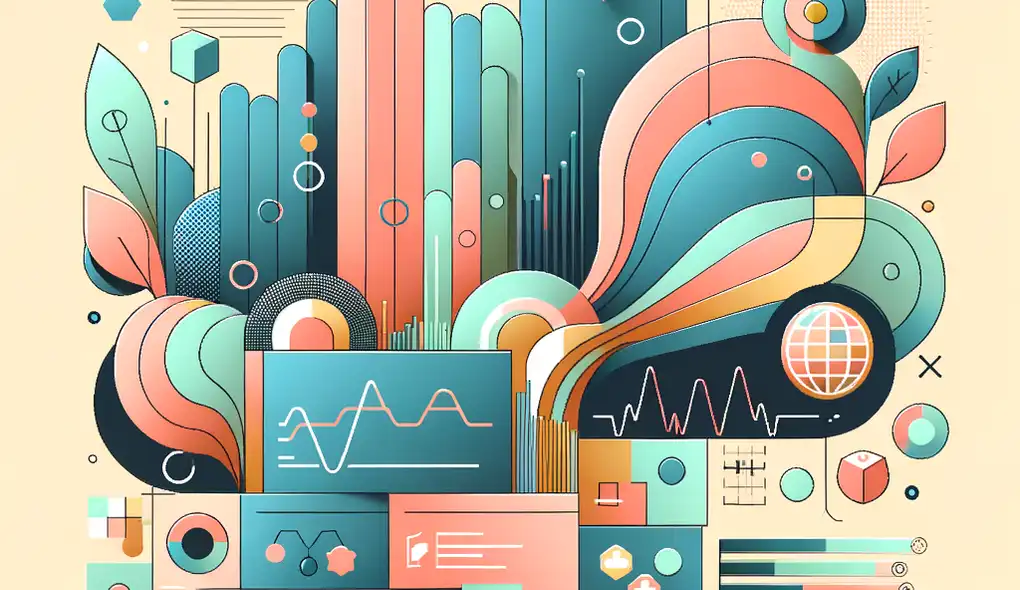Describe your experience in developing reports and visualizations to communicate data findings. How have you used these to support evidence-based decisions?
Health Data Analyst Interview Questions
Sample answer to the question
In my previous role as a Health Data Analyst, I developed reports and visualizations to communicate data findings. I used tools like Tableau and Power BI to create visually appealing and interactive dashboards that presented key insights and trends in the data. These reports helped healthcare professionals make evidence-based decisions by providing them with clear and actionable information. For example, I created a dashboard that tracked the performance of different clinics within the organization, highlighting areas of improvement and identifying potential bottlenecks in patient care. This allowed the management team to allocate resources effectively and improve overall operational efficiency. Overall, my experience in developing reports and visualizations has been instrumental in supporting evidence-based decision-making in healthcare.
A more solid answer
As a Health Data Analyst, I have extensive experience in developing reports and visualizations to communicate data findings and support evidence-based decisions. In my previous role, I worked with a team of healthcare professionals to analyze large datasets and extract meaningful insights. Using tools like Tableau and Power BI, I created visually appealing and interactive dashboards that presented key findings and trends. For example, I developed a dashboard that tracked patient outcomes for a specific treatment intervention. This allowed the healthcare team to identify areas for improvement and tailor their treatment approach accordingly. I also created reports that evaluated the performance of different departments within the organization, providing actionable recommendations for enhancing operational efficiency and patient care. Through these reports and visualizations, I empowered stakeholders to make data-driven decisions and improve the overall quality of care. My strong analytical, problem-solving, and communication skills were crucial in translating complex data into accessible insights for non-technical stakeholders.
Why this is a more solid answer:
The solid answer provides more specific details and examples of the candidate's experience in developing reports and visualizations. It highlights the use of specific tools like Tableau and Power BI and provides concrete examples of the candidate's work. The answer also addresses the evaluation areas more comprehensively, showcasing the candidate's strong analytical, problem-solving, and communication skills. However, there is still room for improvement in terms of providing more specific details and examples to further demonstrate the candidate's proficiency in these areas.
An exceptional answer
Throughout my career as a Health Data Analyst, I have honed my skills in developing reports and visualizations to communicate data findings and drive evidence-based decisions. In my previous role, I led a project to analyze patient satisfaction data and develop a comprehensive dashboard that showcased key metrics and trends. This dashboard not only provided valuable insights to the management team but also served as a tool for frontline staff to track their performance and identify areas for improvement in patient care. I also leveraged my expertise in data analysis software like R and Python to perform advanced statistical analyses and create interactive visualizations. For instance, I conducted a time series analysis of emergency department wait times and developed a dynamic visualization that allowed stakeholders to explore trends and patterns over time. This analysis led to the implementation of targeted interventions that significantly reduced wait times and improved patient satisfaction. Additionally, I collaborated with healthcare professionals and stakeholders to understand their data needs and ensure that the reports and visualizations were tailored to their requirements. Through my work, I have demonstrated the ability to effectively communicate complex data findings to a wide range of audiences, facilitating evidence-based decision-making and driving continuous improvement in healthcare outcomes.
Why this is an exceptional answer:
The exceptional answer provides detailed and specific examples of the candidate's experience in developing reports and visualizations. It showcases the candidate's ability to lead projects, perform advanced statistical analyses, and collaborate effectively with healthcare professionals and stakeholders. The answer also demonstrates the candidate's proficiency in using data analysis software like R and Python. The use of concrete examples and outcomes strengthens the answer and highlights the impact of the candidate's work. It effectively addresses the evaluation areas by showcasing the candidate's strong analytical, problem-solving, and communication skills. Overall, the exceptional answer provides a comprehensive and impressive response to the question.
How to prepare for this question
- 1. Familiarize yourself with data visualization tools like Tableau and Power BI. Practice creating dashboards and visualizations using sample datasets.
- 2. Gain experience in performing advanced statistical analyses using software like R or Python. Familiarize yourself with techniques like time series analysis and regression modeling.
- 3. Develop strong communication and presentation skills. Practice explaining complex data findings in a clear and concise manner to non-technical stakeholders.
- 4. Stay updated with the latest trends and technologies in health data analytics. Read industry publications, attend webinars, and participate in relevant forums or conferences.
- 5. Seek opportunities to work on projects that involve data analysis and reporting. This could be through internships, volunteering, or taking on additional responsibilities within your current role.
What interviewers are evaluating
- Analytical and problem-solving skills
- Proficiency in data analysis software
- Communication and presentation skills
Related Interview Questions
More questions for Health Data Analyst interviews